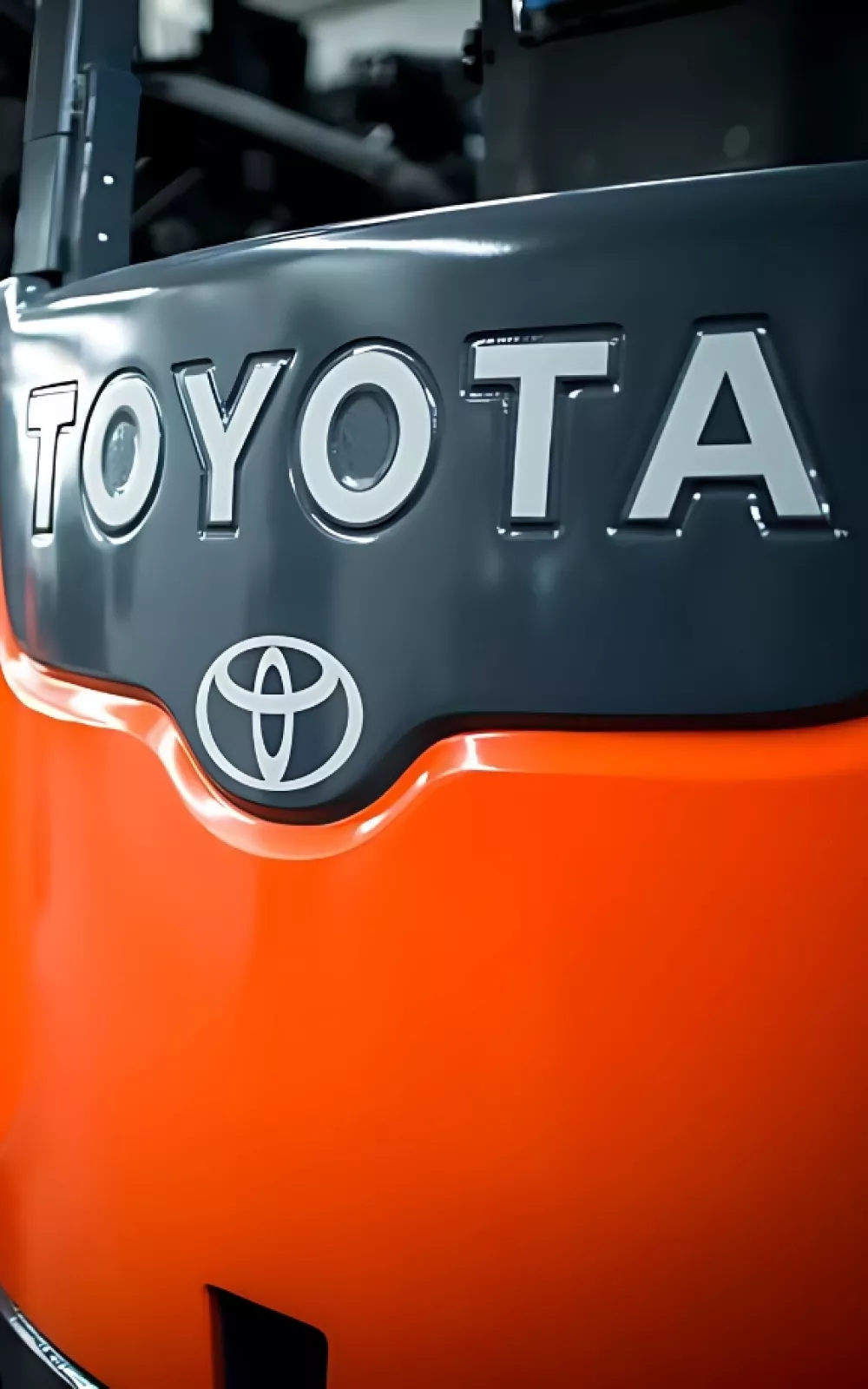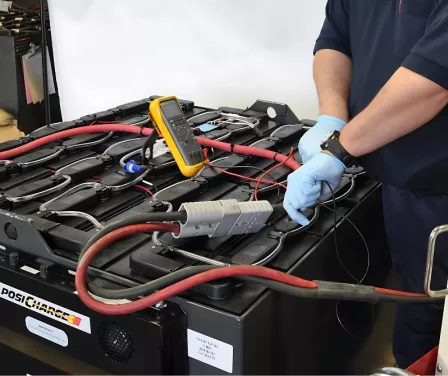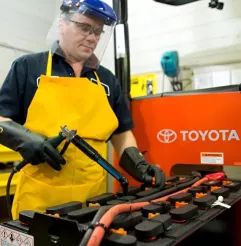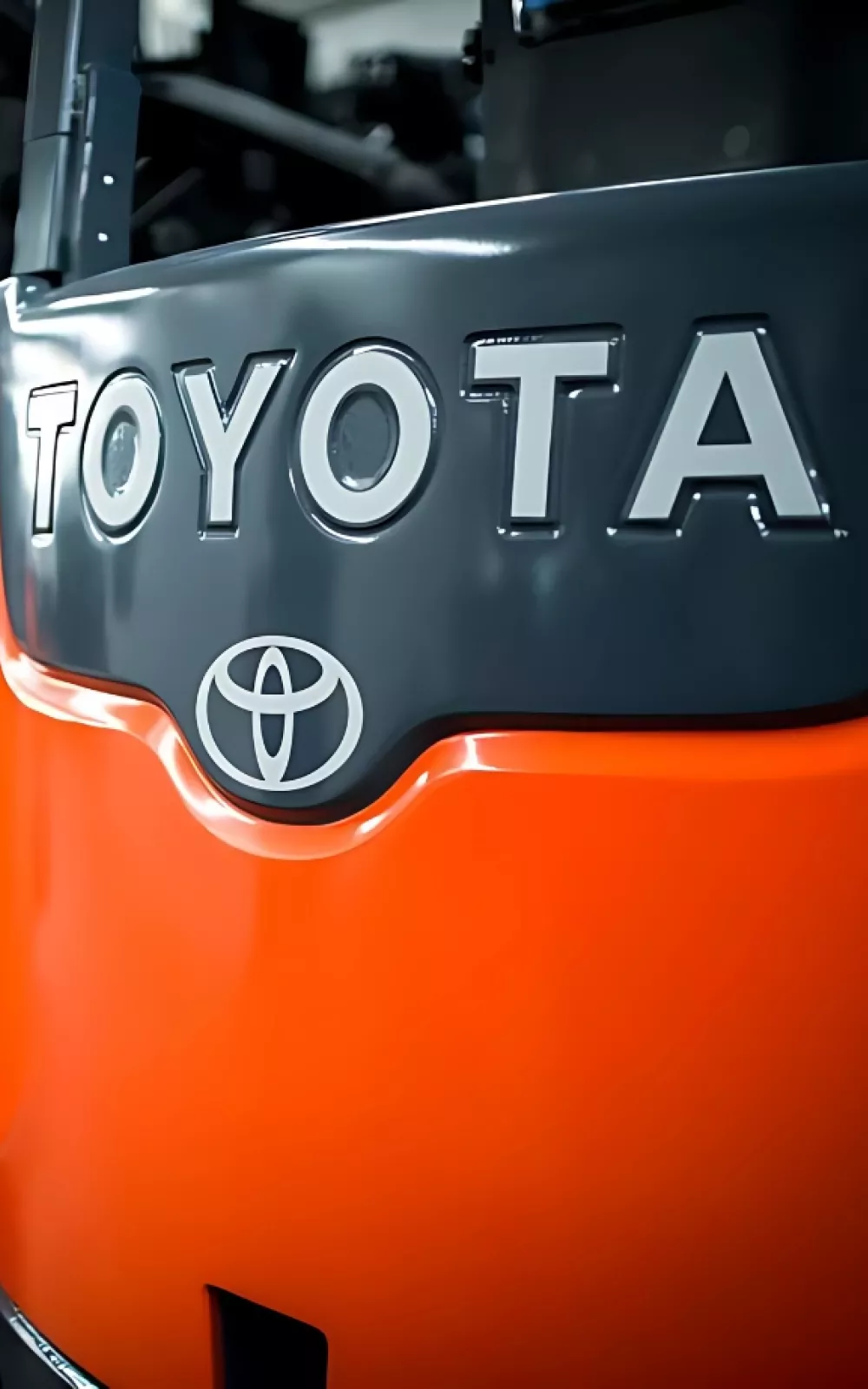Rent
ProLift offers daily, weekly, and monthly rentals. Find the right equipment for maximum productivity and safety.
Let us know how we can assist you! A ProLift specialist will connect with you to help with your material handling needs.

Proper forklift battery maintenance is key to extending battery life and ensuring optimal performance. Learn essential maintenance tips to keep your forklift running smoothly, prevent costly downtime, and maximize the longevity of your equipment.

One of the key benefits of purchasing an electric forklift, including heavy-duty models, is the significant fuel cost savings. Although the initial purchase price is higher than that of an LP-powered forklift, the battery provides power for several years, offering long-term operational savings.
One often overlooked factor when calculating the return on investment for a forklift battery is the training of forklift operators. Proper maintenance is essential for batteries to reach their full lifespan. Neglecting tasks like watering, cleaning, and correct charging can reduce battery life by up to 50%.
The best results occur when companies provide training to forklift operators. A commitment to training operators increases awareness of safety risks and best practices, keeping operators accountable for the condition of the battery. Weekly battery checks by a company’s maintenance department or supervisor also reinforce the training.
Charge forklift batteries according to the manufacturer's recommendations. For most manufacturers, daily charging is preferred. It is important to only recharge your battery when it has been discharged by 30% or more, and never continue running the forklift if the battery is discharged by 80% or more. The lift-interrupt device will reduce lifting speed once the battery reaches a critically low charge. Never bypass this feature, as it protects the battery and forklift from damage.
After charging, always allow time for the battery to cool down before use. Running hot batteries can warp the lead plates and cause short circuits in the cells, leading to costly repairs or premature battery failure. Additionally, be sure to keep open flames and metal objects away from the battery to avoid dangerous accidents.
It’s important not to neglect forklift batteries that are not currently in use. Batteries left sitting for extended periods can develop hard sulfation, which can permanently damage the battery. Finally, remember that your electric forklift motor is just as critical as the battery. The motor converts electro-chemical energy from the battery into mechanical energy, so give your motors the same level of care and maintenance as your batteries to keep both components functioning smoothly.

Along with forklifts, ProLift provides industrial battery maintenance programs. Trust ProLift to help extend the life of your batteries and keep your equipment running efficiently to meet your production goals.
Always use distilled water or water free from high levels of impurities when maintaining forklift batteries. Add approved water only after charging, and never add acid. Be sure to keep the electrolyte level above the battery's plates, but avoid overfilling, as moisture on top of the battery indicates an overflow. Clean any battery overspills with a neutralizer to prevent corrosion both on top and beneath the battery. Additionally, ensure all employees are properly equipped with personal protective equipment (PPE), including safety gloves, glasses, and an apron, and strictly enforce these safety protocols.
OSHA Standard 1926.441
ProLift supports our customers with maintenance programs and service repair, including forklifts, industrial batteries, and loading docks.
As a full-service material handling dealer, ProLift can help you with questions and solutions for your equipment, service, parts and more. Tell us how we can help.

Let us know how we can assist you! A ProLift specialist will connect with you to help with your material handling needs.
